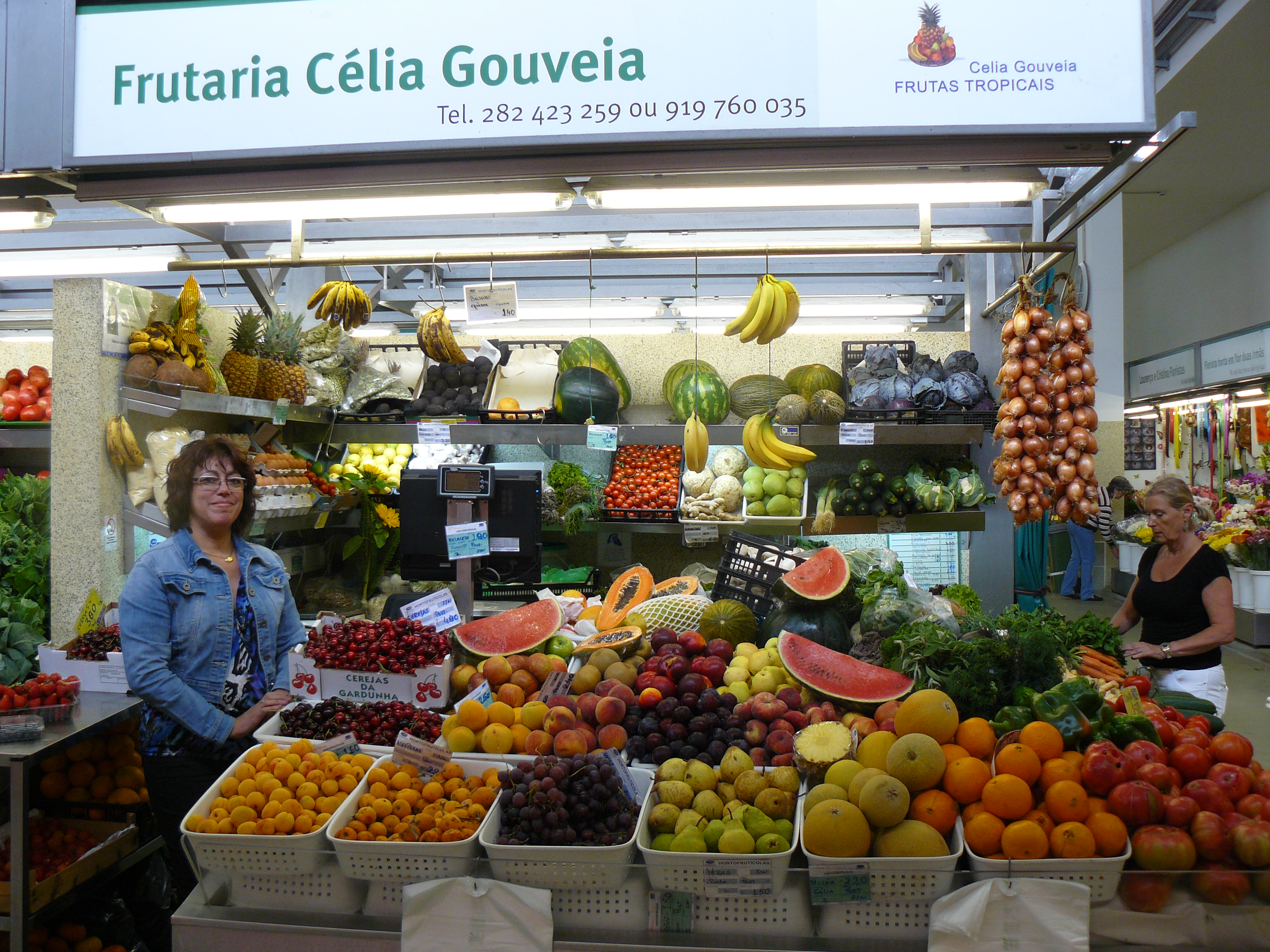- Fruit and vegetable hamper (cabaz)
Across Portugal, 250 agricultural businesses have come together to form the AgroBio association; every week, they deliver their best organic fruit, vegetables and even bread to you at home. And the prices are fair: e.g. 5 kg for €7.50. With long-term cooperation agreements between farmers and organic shops, the organisation ensures that there are reliable trading structures in the region based on partnership. ECO123 recommends that you try out a “cabaz”. You will be amazed at the difference between plastic packed supermarket vegetables and a basket full of delicious organic treats that look wonderful and smell great.
- Social and community supported agriculture ag-social.agrobio.pt/pt/agricultura-social.T2.php
In contrast with the eco-hamper, the concept of Community Supported Agriculture does not involve a classic seller-client relationship. In this case, a group of people establish a long-term link with a farm, jointly finance its annual costs, and in return receive a share of the harvest and the certainty that the farmers treat the land, water, animals and plants responsibly and sustainably. Social agriculture integrates disabled people into work on the farm.
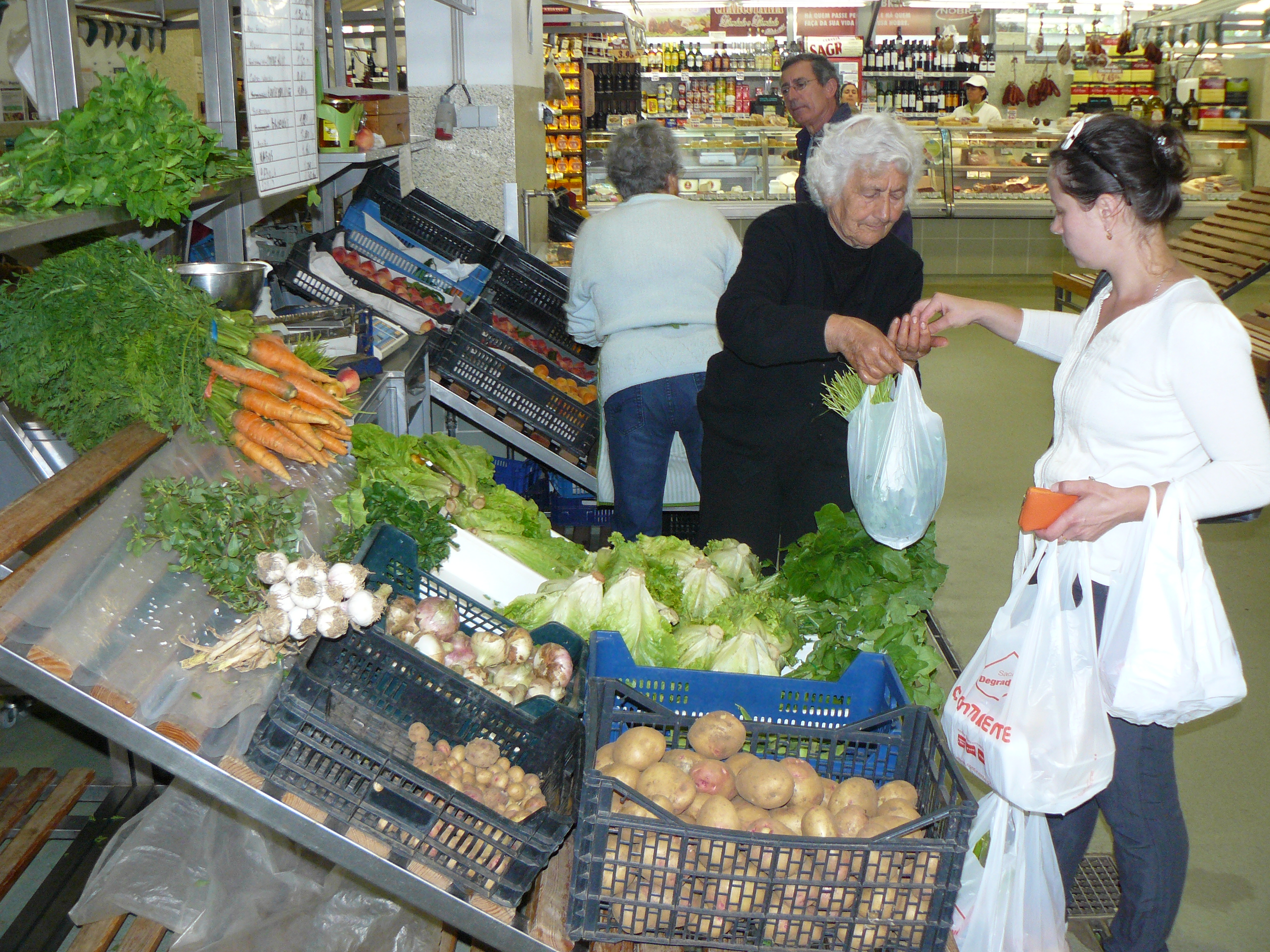
3. Farmers’ and weekly markets (see comprehensive list on the next page.) agrobio.pt/pt/mercados-agrobio.T194.php
The market places were once the centres of our towns and of social life. And even today many farmers and weekly markets present a very nice picture: a manageable number of food sellers in the fresh air, but you can still get everything you need to eat. They all sell foodstuffs they grow themselves or from the region, and on many markets there are also those selling organic produce. If you are not sure, just ask – most market people are more than happy to talk about where their products come from
4. Farm shops (Photo: Quinta das Seis Marias, see comprehensive list on the next page)
Farm shops are another good way of purchasing directly from the producer. There, you can buy fruit and vegetables, eggs, dairy products and even sausage and meat, your food, directly from the farmer. Of course, there are more farm shops to be found in the countryside than in the cities, but even there a few of them can be found. If you attach importance to organic quality, it is important to ask in the shop about production, if the products do not carry a seal of approval.
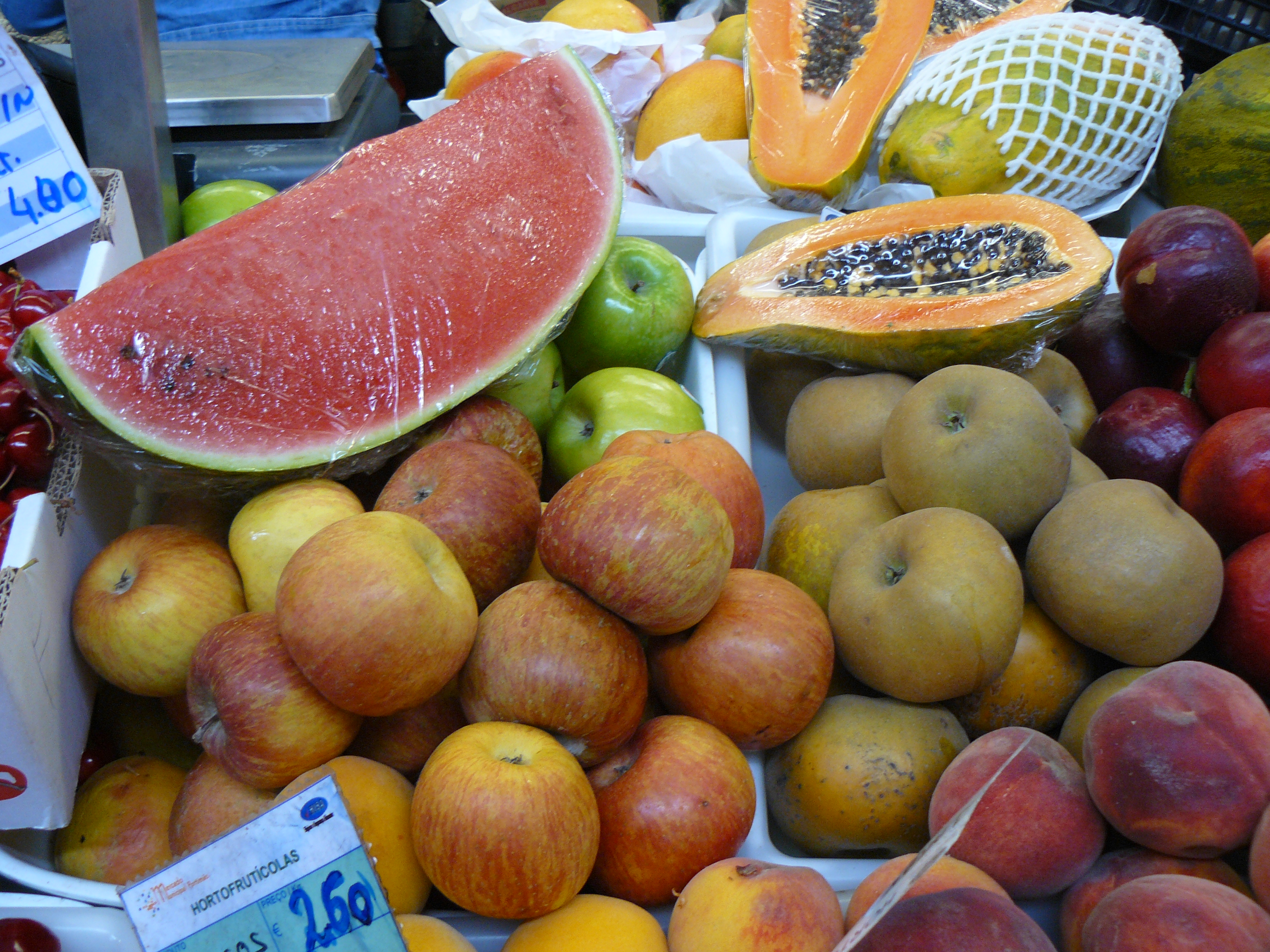
5. Grow your own (Zé Filipe Baiona, Monchique)
Produce all your own food yourself – perhaps that sounds a bit unrealistic. But why not start with something quite small: for example with one vegetable – even without a garden, on the balcony. You will soon see how much fun it is to eat home-grown food!
6. Gathering foodstuffs in nature (abandoned plots, mushrooms, blackberries etc.)
Every year in Portugal, thousands of tonnes of oranges, lemons, quinces, and other fruit rot on/under abandoned, forgotten trees in neglected regions, in parks or at the roadside because no one picks them. Go back to nature, go for a walk and discover abandoned fruit trees where fruit, vegetables, herbs and almonds can legally be harvested. Mushrooms in the wet season, blackberries in the summer. Let’s start gathering and picking!
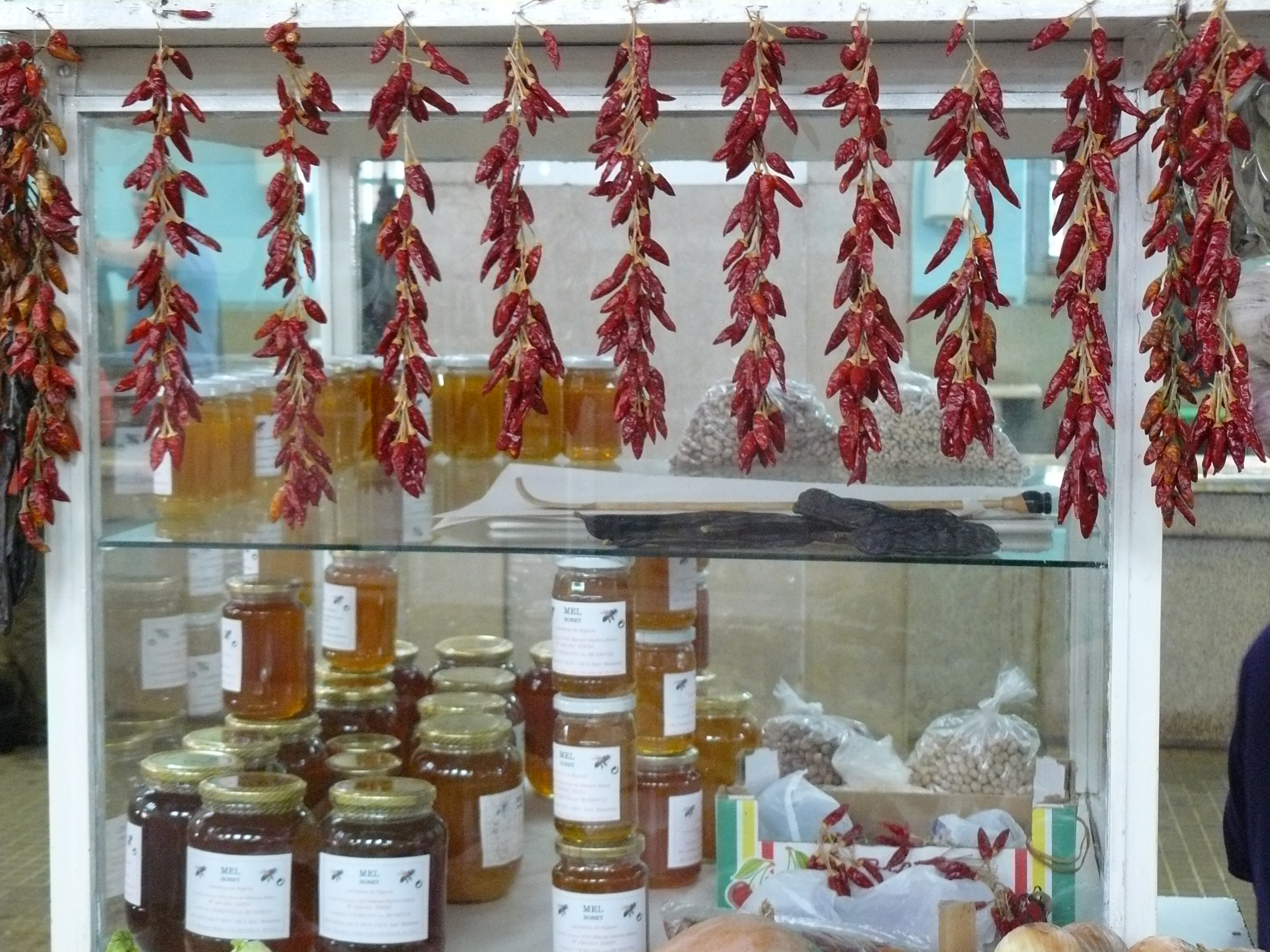
7. Drink filtered tap water (out of glass bottles)
If you use tap water, you not only save yourself from having to carry those heavy five-litre bottles. By avoiding buying plastic bottles from discount stores, you’re doing something really good for the environment and future generations. Because the plastic bottles (PET) are made from “dirty” oil and our beaches, seas and countryside are meanwhile filling up with tiny bits of plastic which takes more than 500 years to break down completely.
8. Small local shops (bakers, butchers etc.) Bread from supermarkets has rarely lived up to its name and discount shops are ensuring that small traditional bakers are on the verge of extinction. But the local, home-made products are always the best. And by the way, small traditional businesses often bake organic-quality products and do without additives, without being certified. Enquire! In the case of sausage and meat, the best thing is to eat as little as possible, and if you do eat it, then it’s better to spend a bit more money. Small butchers (Iberian pig!) often source their animals from the region, always ask where it comes from. Those who produce the best quality organic meat sell their produce in regional organic shops.
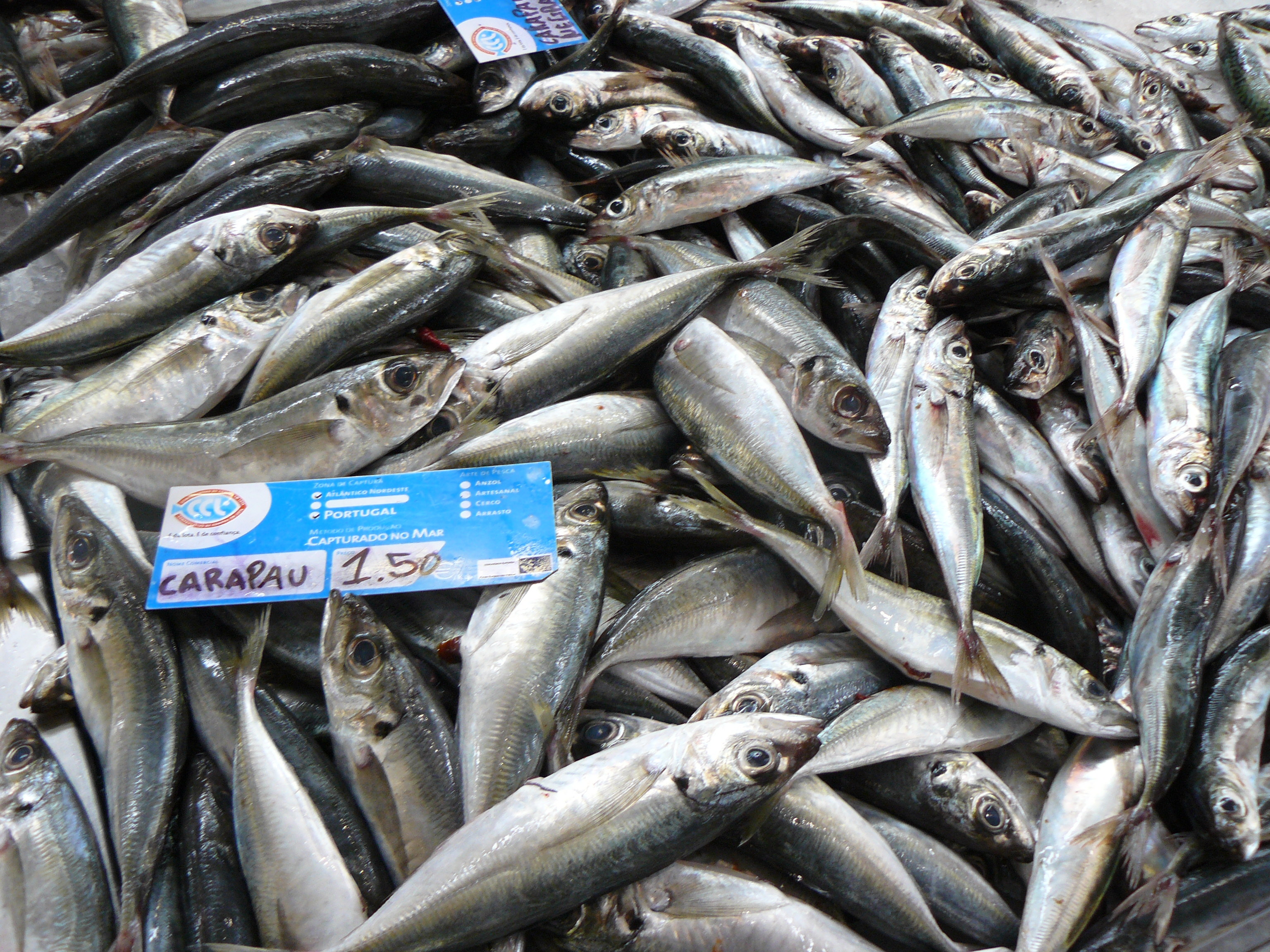
9. Organic shops (MerceariaBio in Portimão, Betarraba in Tavira, Brio in Lisbon and others) http://www.merceariabio.pt/pt/index.php Let’s admit it: organic shops are an important alternative to supermarkets. Everything you can get there is organic. Many shopkeepers now pay attention to the labelling of regional products. Mostly there is a much more pleasant atmosphere there than between the proliferating shelves of the discount shops.
10. Super- and minimarkets (local Intermarché, Coviran, Alisuper etc.) At supermarkets too, regional and organic foodstuffs are now on offer on specific shelves. If you’re not careful though, you’ll soon have Spanish oranges or Brazilian mangoes in your trolley. There are always fresh mangoes from Portugal (from Moncarapacho and Pechão near Olhão) in the summer months between July and September, oranges from Portugal (the best ones come from Silves and Tavira) and bananas from Madeira all year round. What more could we want? Portugal is a garden of Eden.
You can find more information at www.agrobio.pt; www.re-food.org/blog/;
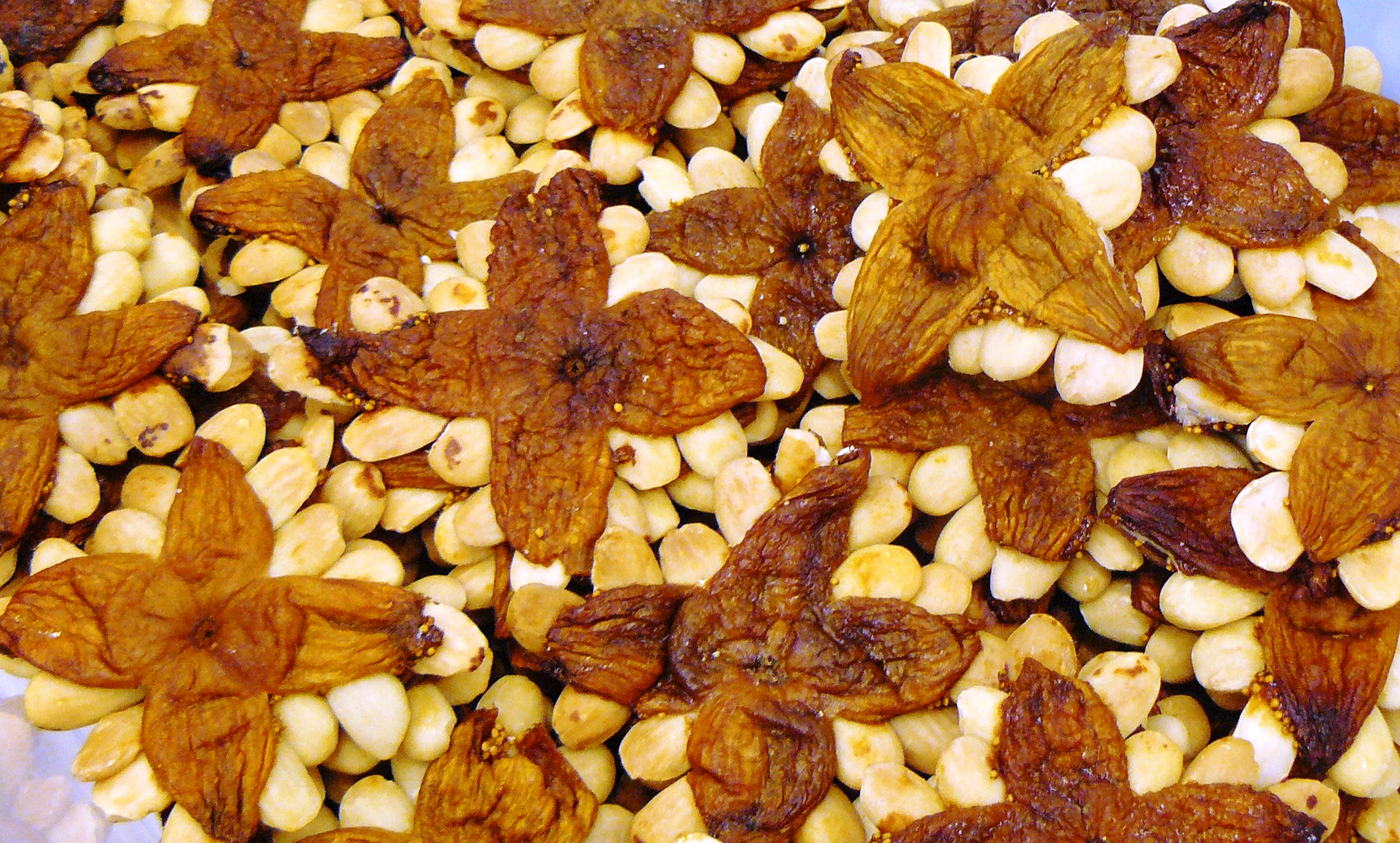



 Deutsch
Deutsch